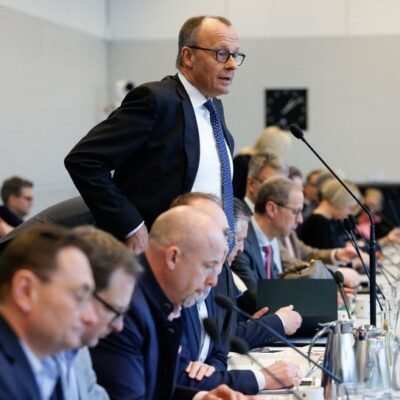Dimis Michaelides sheds an irreverent light on economics in his new play
Economics might not be considered the most inspiring subject for the theatre, but Cypriot economist Dimis Michaelides has defied convention with his English-language one-act, one-man play, Epic Economics, which he wrote and stars in.
A graduate of the London School of Economics, who has worked in senior executive positions in the US, France and Cyprus, Michaelides is a man of many talents. He is also a professional magician, who has also performed at the Edinburgh Festival.
His one-man show It’s Magic, but is it Art? which reflected on art and how it differs from craft was performed at the Edinburgh Festival two years ago and received a four-star review in the British Theatre Guide. He has also given a Tedx talk in New York and co-founded the improv theatre groups Nudniks and Bored of Directors.
Now he has decided to bring economics to the theatre, although he is quite irreverent when on the subject, which he started studying 50 years ago at the LSE and says he is rather ambivalent towards. “If you have economists speaking together, they create a cacophony,” he told the Sunday Mail.
“I could see extremes in economics ranging from very interesting approaches to utter garbage,” he said. “This happens because economics cannot be a science. It is a pseudo-science unless it is context specific. There always has to be a good understanding of what is politics and moral philosophy and only if we have this appreciation can it become a science.”
The play includes words and thoughts of 12 economists, from Adam Smith, author of the seminal Wealth of Nations in the 18th century, via Marx and Keynes to Thomas Piketty. These words were interwoven with Michaelides’ values, opinions and experiences.
“I believe I have tried to reproduce this cacophony which covers a time period from the 1700s to 2025,” he said.
I suggest that economics is not the sexiest subject for the theatre, but Michaelides disagrees. “If you come to see it, you will see there are sexy moments in the play,” he said, adding he could not give away anything else as it would be a “spoiler”.
His original idea was to have an art installation with a big sound screen featuring excerpts from important economics books and having these played through speakers, but decided instead to write a play that was accessible. Even then, however, he needed someone to prevent him from making the play accessible only to economists.
This task was undertaken by his advisor/director Lia Haraki, a performing artist who specialises in ‘dance theatre’ among other things. Michaelides cannot praise her highly enough, talking about her “brilliant conception of movement and brilliant conception of theatre”.
“Without Lia this could not have happened.”

Apart from guiding him on how to move on stage, Haraki also ended up giving him advice about parts of his script.
“She told me, for instance, ‘if you read this Keynes text nobody will understand it’ and she was right, because economists are not necessarily good writers,” said Michaelides. His effort was “to make this understandable to the public, to non-economists”, and Haraki was a great help.
He believes he will engage his audience by adding to and commenting on what economists have said over the years.
“I will also be communicating feelings and narratives and stories of my real life in economics, either as a student or as a business executive. Over the years there is an evolution in what you learn, know and what you end up believing, unless you are dogmatic.”
Although not dogmatic, Michaelides is a supporter of social democracy and therefore belongs to the Keynesian school of economic thought, which believes that capitalism should be managed, that the state should manage the economy and that markets should operate within a legal framework and not left to wreak havoc.
“We owe a great debt to Keynes,” he says even though the play also has reference to the free market theorists such as Hayek and Friedman who influenced the policies of Margaret Thatcher and Ronald Reagan in the 1980s.
Michaelides disagrees with the thinking of the free marketeers like Thatcher, who “consider economic growth more important than economic equality and battered the welfare state,” which made many people in the UK worse off.
He keeps returning to the issue of fairer income distribution and economic equality as the objectives of economic policy and does not approve of the current conditions in which more and more wealth is ending up in fewer hands.
“Social democracy is responsible for the happiest countries in the world,” he said to back his focus on the importance of economic equality, which has been the main subject of Thomas Piketty, a living French economist which Michaelides appreciates and has included in his play.
He refuses to give more detail as “it would be a spoiler.” To discover the sexy moments in economics you will have to attend one of Michaelides’ performances (two in Limassol and two in Nicosia).
Xydadiko, Limassol; Vinegar Factory, Genethliou Mitella 34; 19 & 20 June at 8.30pm
Artos House, Nicosia 64 Ay. Omoloyites Ave; 25 & 26 June at 8.30pm





